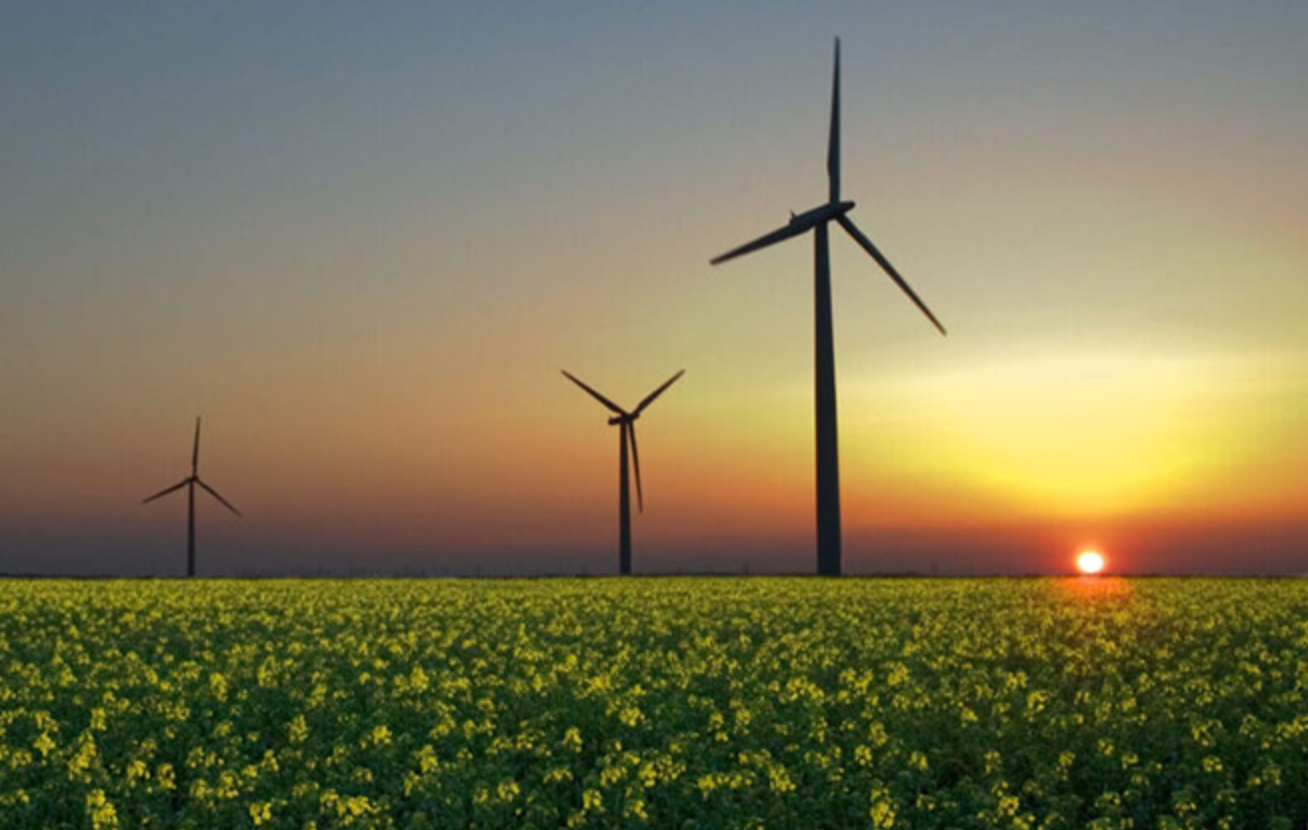The gravity of the moment is evident daily. The magnitude of natural disasters increases year after year, affecting vast sectors of the population. In many of our countries, pollution is on the rise, while biodiversity is vanishing by leaps and bounds. The effects of climate change are strongly impacting the entire region, with special emphasis on the countries of Central America and the Caribbean (CAC), paradoxically, those that bear the least responsibility.
Advancing the energy transition process would not only generate environmental benefits, but also economic, social, and political ones. At a time when climate urgency calls for a rethinking of the production and consumption model, as well as the need to move towards a clean energy matrix, some countries are moving backward instead of forging ahead. In the region, experiences of advanced transition coexist with dreams of governments seeking to become an “oil or gas power”.
Latin America and the Caribbean (LAC), however, is a broad and diverse region. Beyond the contradictions, the transition is beginning to move forward in many countries, with 100% clean generation, some governments are making progress in urban mobility issues, such as Costa Rica and Uruguay. The low production costs of wind power generation, on the other hand, have convinced the Chilean government to promote a series of green hydrogen production projects for subsequent export. With the arrival of Gustavo Petro to power, Colombia has become a bastion of biodiversity and the fight against climate change. Brazil, for its part, has become a favorite destination for environmentally responsible investors: “green bonds are flourishing”.
Debt swaps
Considering the financial aspect, at first glance the proposals for debt-for-climate action swaps or those oriented towards marine conservation and climate adaptation of the oceans stand out. Ecuador has just negotiated the largest-ever debt swap, freeing up resources for preservation in the marine reserves of the Galapagos Islands. Caribbean countries are heavily exposed to hurricanes, cyclones, and other extreme events and are recommending new financing instruments. Such is the case of the Bridgetown initiative, proposed by the Prime Minister of Barbados, Mia Mottley. The proposal presented by the Economic Commission for Latin America and the Caribbean (ECLAC), is also aimed at countries with high levels of debt, with multilateral or bilateral organizations belonging to the Caribbean community.
These examples show the progress made in the region, both in terms of investments and financing instruments: while new solar energy projects are emerging, new wind farms are coming on line, and it is expected that by 2027 the generation of clean energy will double. But there is still a long way to go to meet the promised goals. Indeed, little has been allocated to infrastructure for the construction of power transmission lines, a key aspect to ensure the effectiveness of the transition. According to the report of the International Energy Agency (IEA), in short, to make progress with the transition and thus fulfill the commitment made, Latin America and the Caribbean need to invest well over 150 billion dollars.
A new development model
An inclusive and sustainable development model requires a long-term financing scheme. Achieving the ambitions implies consistency of policies and measures that manage to orient investment decisions with long-term objectives. This implies aligning monetary, exchange rate, and fiscal policies with the transformation process toward a resilient and low-carbon economy. In this sense, ministries of finance, central banks, and financial supervisors can, through their actions, promote awareness and management of climate change-related risks that affect the financial stability of the system. A group of countries in the region has been working in this direction, such as Chile, Costa Rica, Uruguay, and Brazil.
Unfortunately, enthusiasm is not unanimous. Some discuss the transition, others avoid talking about it, while a last group directly denies it. Argentina, after the appointment of Javier Milei, has become the standard-bearer of the latter group.
But among those who discuss the transition paths, contradictions also abound. Lula’s government presents itself as the standard-bearer for the preservation of nature, while Brazil is on its way to becoming an oil power. Or the case of Mexico, where the government is embarking on a new foundation of PEMEX while investments in renewables flourish. The temporal consistency of the promises made by Petro should also be evaluated, as well as whether the reforms can withstand a change of government. A final case in point is Venezuela, whose government avoids talking about the issue altogether.
How does financing work?
Some proposals are coherent with the long-term view of those who propose them, while others reflect a short-term financial business, incoherence, and disregard for long-term climate or environmental issues. One might ask why it makes sense to enter into a debt-for-climate swap if, at the same time, the government takes on new external debt,
whether public or private, to finance an investment in non-renewable energies. If this investment succeeds, it would increase the level of emissions of the country in question, which would be long-lasting and would jeopardize the agreements originally entered into.
Every crisis imposes challenges but also opens windows of opportunity and change that have been seized by some countries in the past, while others prostrate themselves in despair and fear. That is when the messiahs appear, dark characters who deny climate change and perpetuate the region in the past.
*Translated by Janaína Ruviaro da Silva from the original in Spanish.













